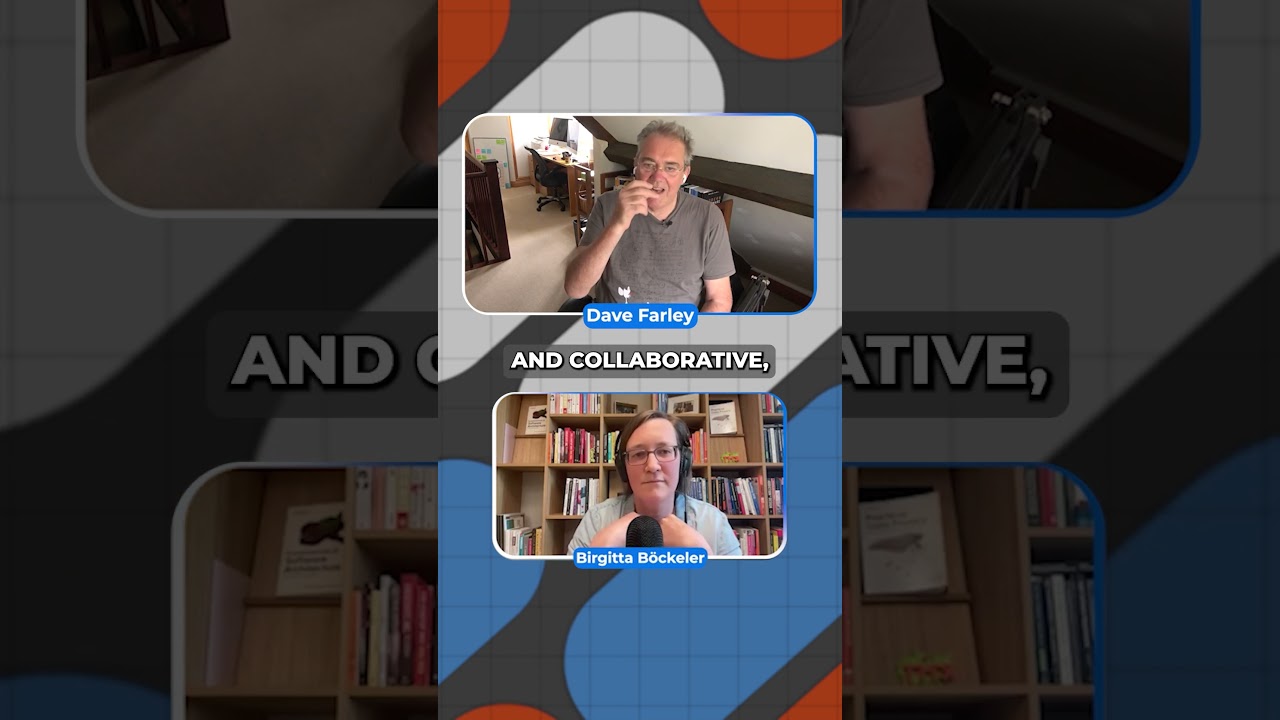The video emphasizes that traditional software development skills like incremental progress, refactoring, and collaboration remain essential even in the AI era, as AI systems operate differently by making large, guess-based leaps rather than incremental improvements. It argues that these foundational skills are crucial for managing complexity, ensuring quality, and building reliable, sophisticated systems, and cannot be fully replaced by AI tools.
The video discusses the fundamental differences between traditional software development skills and the capabilities of AI systems. It highlights how conventional development relies heavily on incremental, iterative, and collaborative approaches, where progress is made through small, manageable steps. This method allows developers to refine and improve their systems over time, ensuring better accuracy and adaptability. The speaker emphasizes that these skills are crucial for building complex, reliable software in a controlled and systematic manner.
In contrast, AI systems tend to operate differently. They often make large, guess-based leaps to produce answers or solutions, rather than progressing through incremental refinements. This approach can feel alien to developers accustomed to careful, step-by-step development. AI tools are not inherently designed to refactor or improve their outputs iteratively; instead, they generate a response based on their training data and algorithms, which can sometimes be a “giant leap” rather than a smooth progression.
The speaker points out that refactoring—revising and improving code—is a critical skill in traditional software engineering, especially when dealing with complex systems. Since AI models are not naturally adept at refactoring their outputs, relying solely on AI-generated solutions can be problematic. The ability to iteratively improve and adapt code is what makes traditional development robust and scalable, especially for large, intricate projects.
Furthermore, the speaker argues that the misconception that AI can replace all traditional skills is flawed. While AI can assist and augment development processes, it does not eliminate the need for foundational skills like incremental development, debugging, and refactoring. These skills remain vital because they enable developers to manage complexity, ensure quality, and adapt systems over time—capabilities that AI currently cannot fully replicate.
In conclusion, the video underscores that traditional development skills are still essential in the AI era. AI tools are powerful but operate differently from human developers. To build sophisticated, reliable systems, developers must continue to rely on their core skills—incremental progress, collaboration, and refactoring—highlighting that these traditional skills remain relevant and valuable despite the rise of AI technologies.
